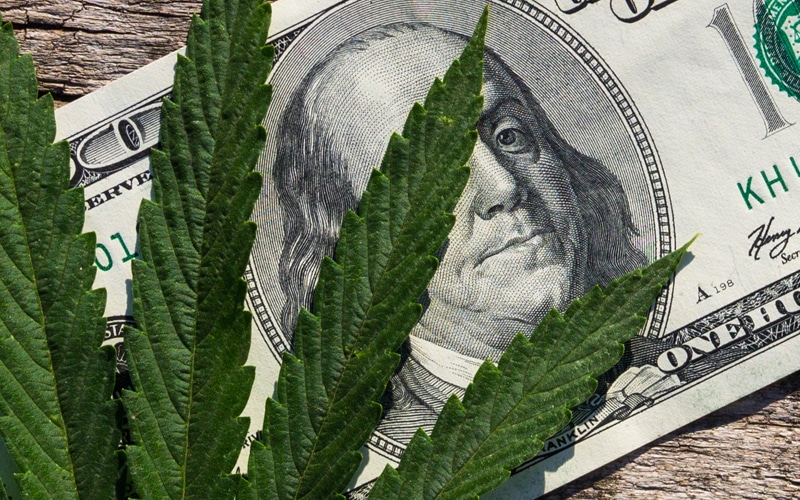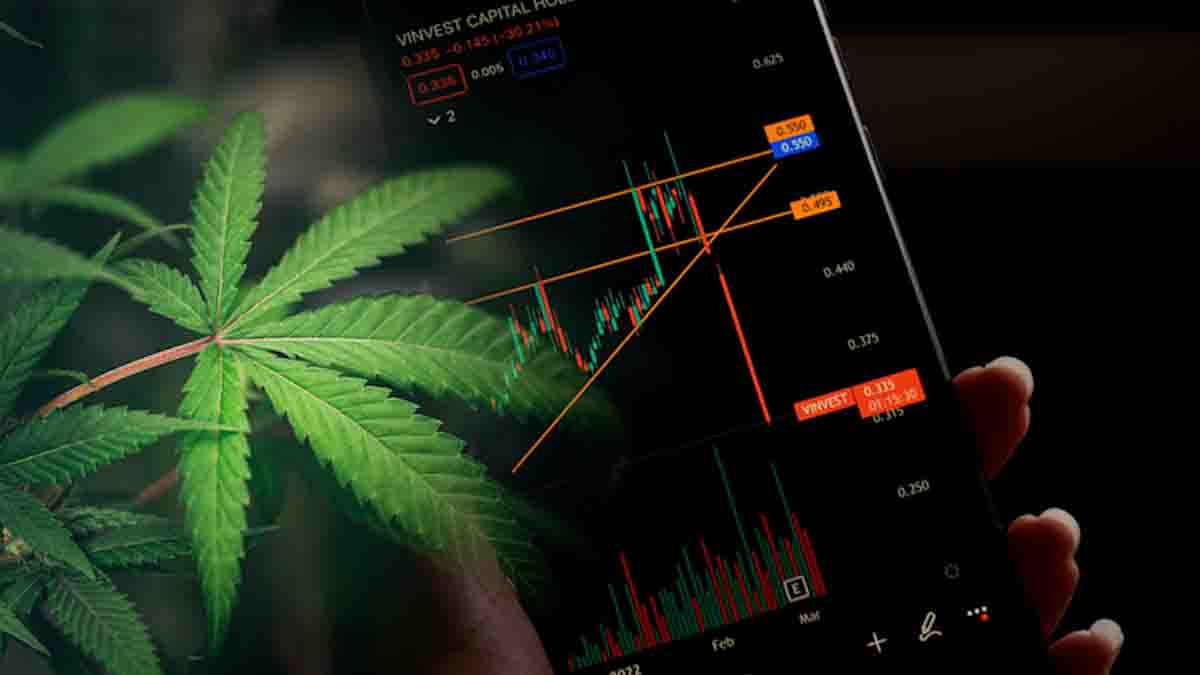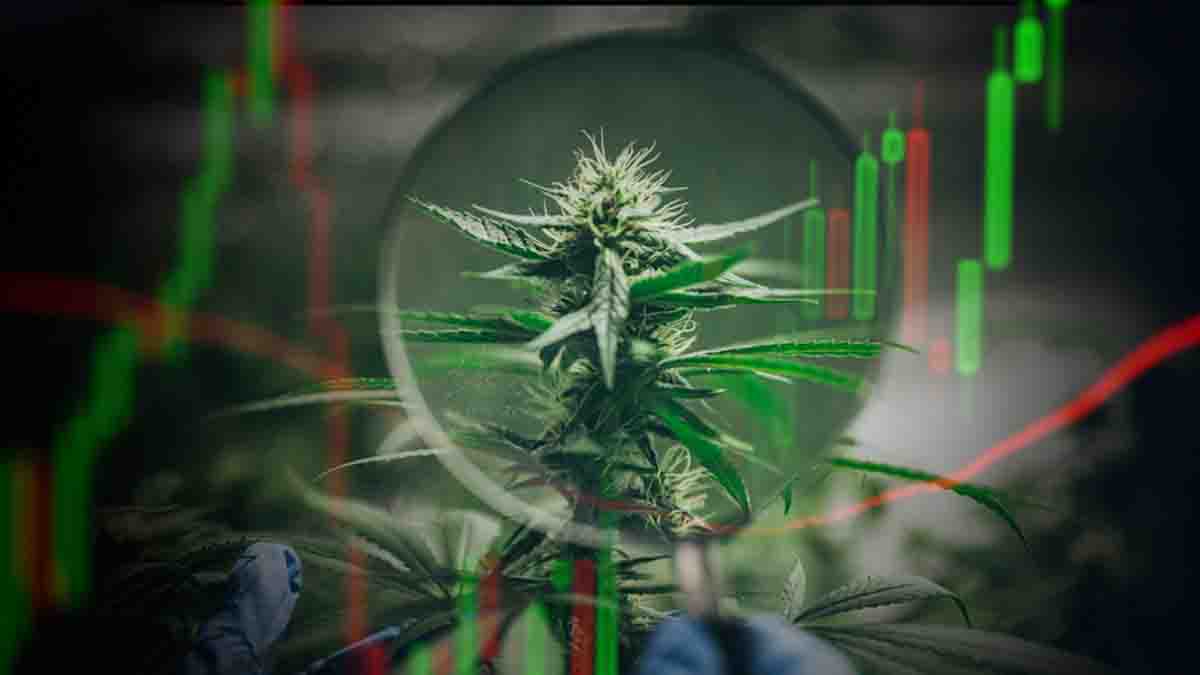Washington legal marijuana prices could drop if harvest rises
Although recreational marijuana is now legal in Washington State, high prices are still sending people to the streets to buy black market marijuana.
Mary Van de Graaf, who owns Mill Creek Suite A, which is one of two licensed retailers in Union Gap says the legalization and licensing of the plant hasn’t actually done much to combat street sales. Street dealers don’t test their product, pay income taxes and verify age of customers.
“I have customers come in and say they would like to buy from me, but it’s just so much cheaper on the black market,” Van de Graaf said.
Retailers in the Yakima Valley pay wholesale prices anywhere from $8-$15 per gram, which is about the same as the street value of the untaxed, illegal version which goes for $10-$20 per gram depending on the quality.
Retailers then have to charge between $25 and $40 to make sure all of their expenses are covered. State excise tax is 25 percent on all retail sales; there is federal income tax (with no deductions allowed federally) and operating costs, including monthly bills for startup loans. After all that is paid, most retailers are left with less than a 5 percent gain to pay those monthly bills, operating costs and wages to employees.
Her clients so far have been limited to older, more affluent visitors. Many would-be buyers enter their stores, sniff a few buds and say they like the idea of buying legally but flat out admit they intend to stick with their illegal sources until prices come down.
Things are improving and will hopefully continue to improve. Storeowners are able to keep their doors open for now and that’s an improvement.
Van de Graaf opened her shop on July 23, just a couple weeks after the state’s first wave of stores opened, but had to close seven days later because of a lack of product led to empty shelves.
Doors opened again on August 9th and sales have been steady since then.
She is also spending only 30 minutes on the phone each day instead of hours, talking to suppliers.
Before this fall, a majority of the marijuana available for retail sales in the state had come from primarily indoor growers. Indoor growers typically have higher electric bills than their colleagues in the Eastern part of the state growing with sunlight.
Retailers like Van de Graaf are predicting and hoping that the boost in supply from the sun-grown harvests will finally let them cut their prices in half this fall.
Tim Thompson, owner of Altitude in Prosser thinks lowering prices might finally start luring customers away from the black market.
“I think at $15 (per gram) we would,” Thompson said.
Owner of Station 420 in Union Gap, Adam Markus also thinks prices will drop by half but doesn’t think they will stay that way for long.
In the past week, Markus has traveled to Spokane twice and once to Seattle to meet with growers trying to get enough product to keep his shelves full.
There was a day and a half last week last week with no marijuana in small packages.
“There wasn’t any available,” he said.
Markus predicts prices will drop for a few months while the outdoor-grown supply is available
2014 statistics aren’t available yet but Jodie Underwood, a spokeswoman the federal Drug Enforcement Administration’s regional office in Seattle said there’s an increase this year in illegal grows on tribal lands, public lands and in backyards.
On Monday, authorities seized 20 pounds of processed marijuana and 43 plants in Zillah. The same day, police also arrested two men they accuse of stealing medical marijuana from a home in Selah.
As of Tuesday, there were 235 state licensed marijuana producers, though not all have started growing. Klickitat County had 12, Kittitas County five, Benton County six and Grant County two.
Yakima County had one, Orgrow in Moxee.
All marijuana businesses are banned in the unincorporated areas of Yakima County, and the city of Moxee only allows producers and processors, no retail stores. A majority of growers would prefer to grow outside of city limits where what is cheaper and there is more space.
Pot growing crews must be on the lookout for pests and mold and must manage canopy density and regulate water. Most growers in Kittitas haul water in by truck because of the Department of Ecology’s moratorium on new wells.
“It’s a challenge,” said Cliff Hughes, owner of Hydro Light near Cle Elum.
At least two of the Kittitas County growers aren’t completely outdoors.
Slowly licensed producers are growing enough pot that retail store owners hope to eventually lower prices enough to slow down the black market, one of the major justifications for Initiative 502, passed by state voters nearly two years ago.
“We’ll slow it down, yeah,” said Mary Van de Graaf, owner of Mill Creek Suite A, one of two licensed retailers in Union Gap.
Original Source: https://www.komonews.com/news/local/Bigger-harvest-could-lower-Wash-legal-marijuana-prices-277911661.html
MAPH Enterprises, LLC | (305) 414-0128 | 1501 Venera Ave, Coral Gables, FL 33146 | new@marijuanastocks.com










